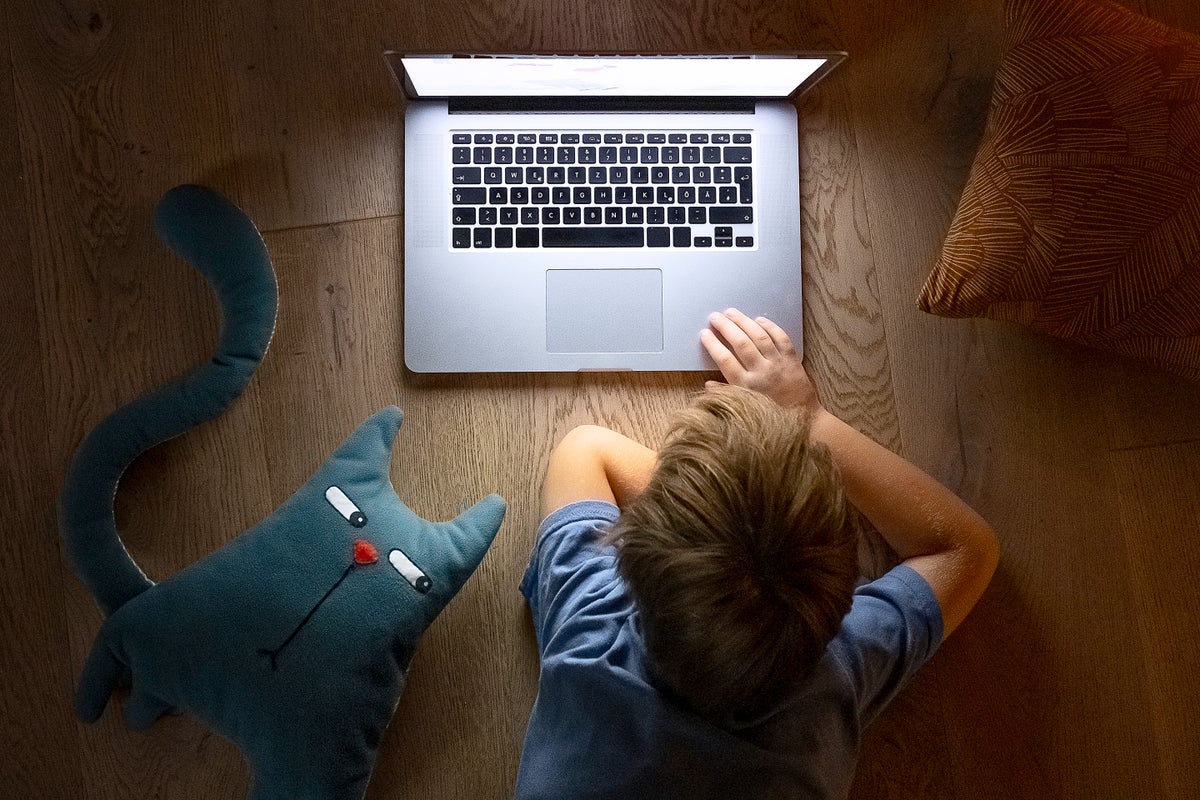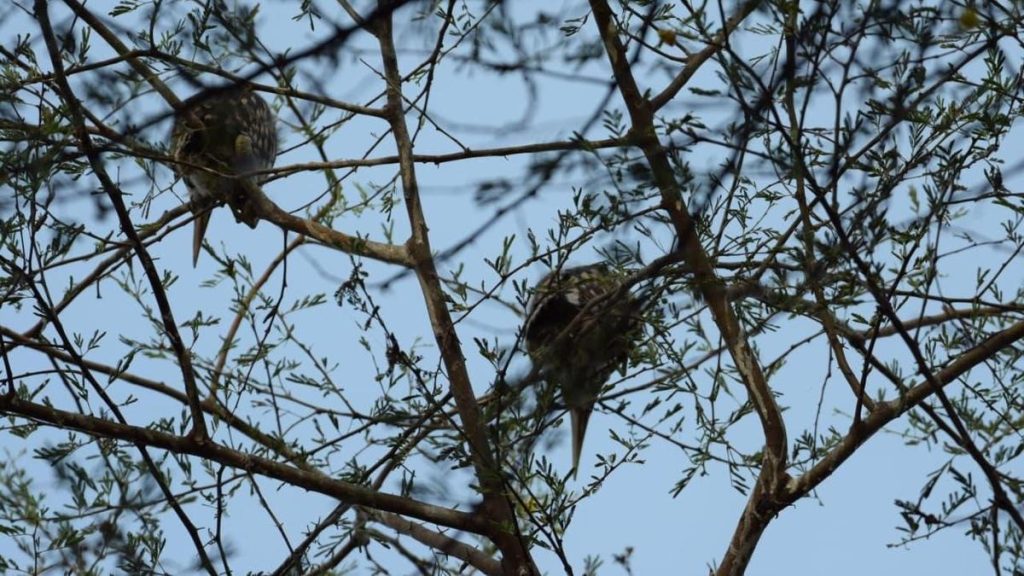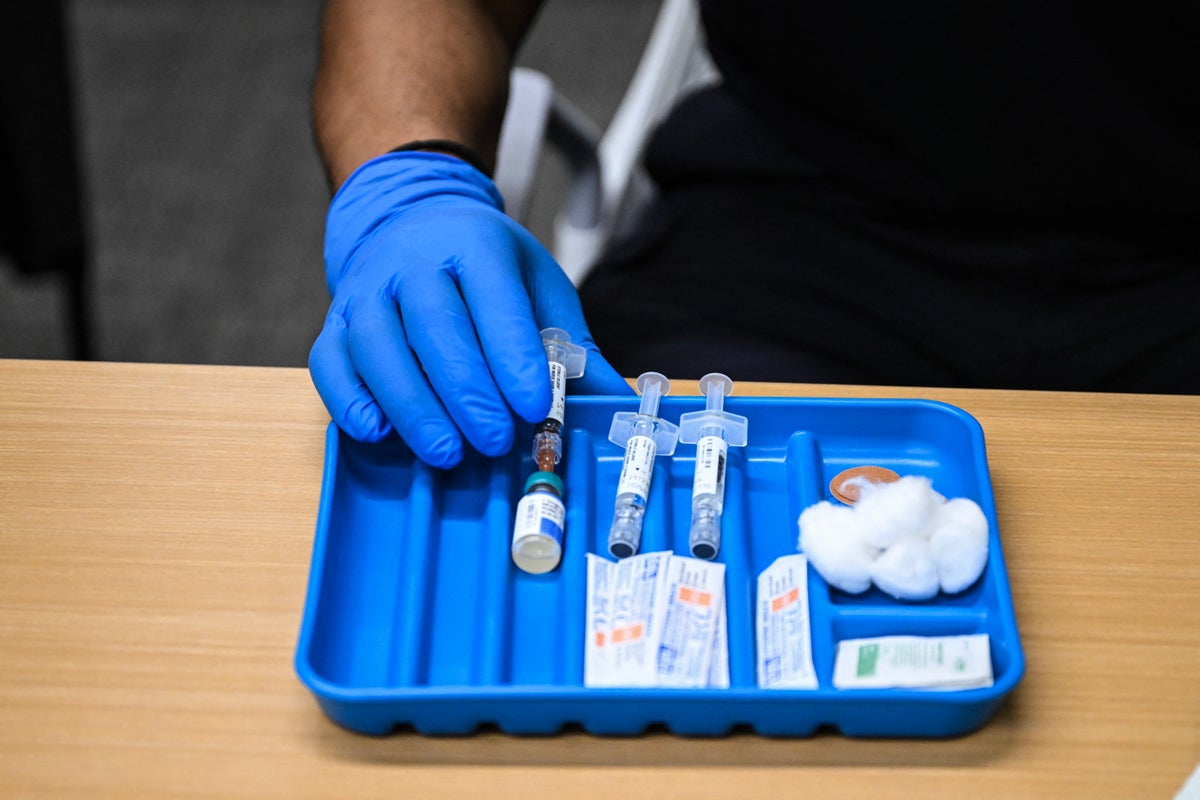Now Reading: Even Four-Year-Olds Naturally Detect Misinformation
1
-
01
Even Four-Year-Olds Naturally Detect Misinformation
Even Four-Year-Olds Naturally Detect Misinformation

Quick Summary
- researchers at UC Berkeley studied natural skepticism in young children (ages 4-7) using gamified exercises involving misinformation.
- The study involved showing children true and false statements with accompanying images, followed by a test involving fictional “zorpies” creatures where kids could verify claims by investigating evidence themselves.
- Children exposed to more falsehoods earlier in the study became more cautious and fact-checked claims more diligently in later tasks compared to those who encountered fewer falsehoods.
- The results suggest that exposing children to misinformation, rather than oversanitizing their digital experiences, helps develop critical thinking skills needed for distinguishing truth from lies online.
- Finland’s public education system already introduces media literacy lessons starting in preschool, showcasing a proactive approach toward early critical thinking progress.
- Experts acknowledge the findings as promising but caution that further research is required to assess if such methods can be practically implemented or have lasting effects.
Image:
!Read More
Stay Informed With the Latest & Most Important News
Previous Post
Next Post
Loading Next Post...























